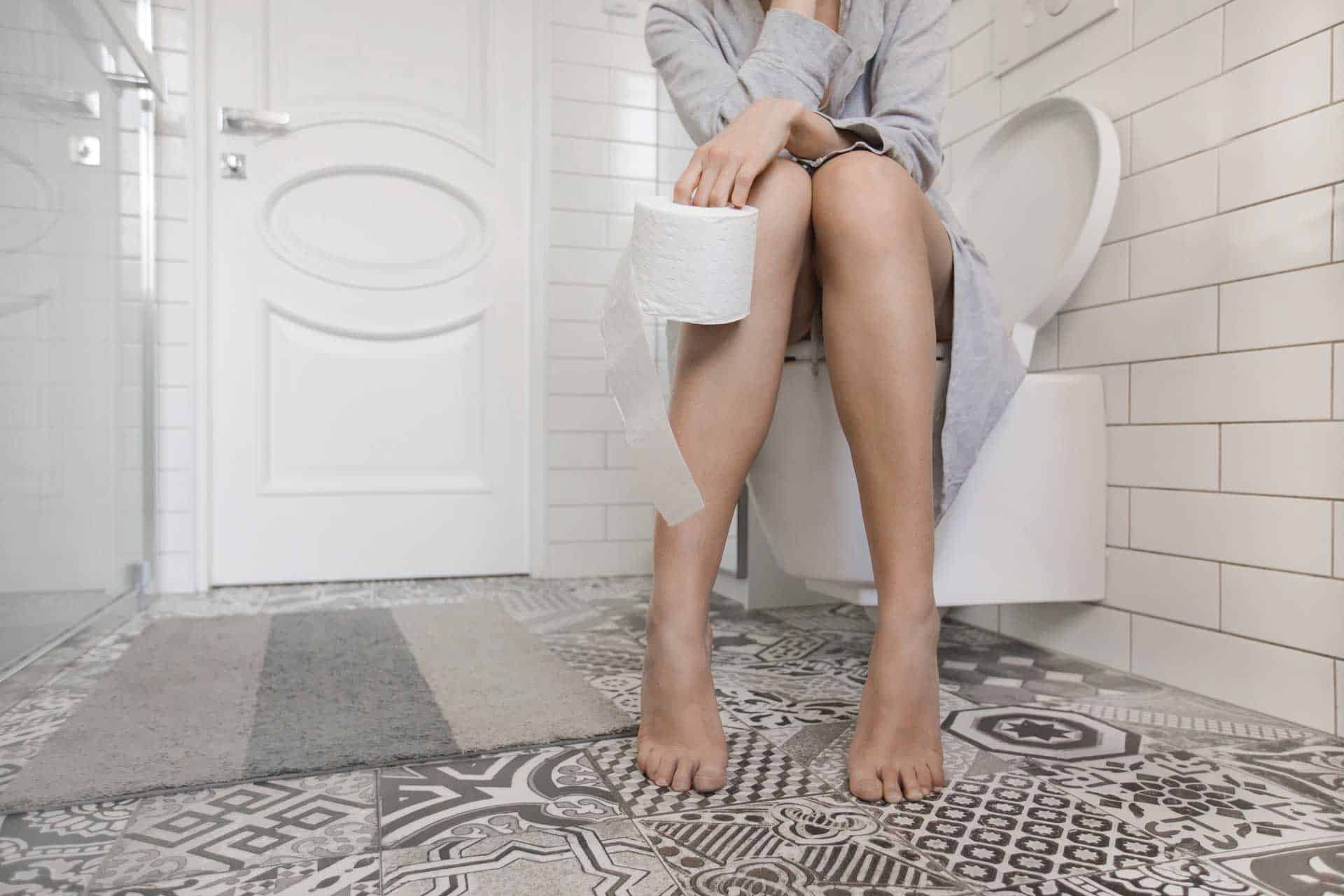Overactive bladder, or OAB, occurs when you have the urgent need to urinate at frequent intervals or when the urine leaks out involuntarily. It is estimated that 30% of men and 40% of women in USA suffer from OAB. The real number is expected to be much higher, as most of the people do not approach a healthcare provider because of embarrassment.
What are the symptoms of overactive bladder?
Urgency to urinate
You may feel a sudden urge to urinate which you cannot ignore. This feeling can even make you afraid that you might leak. You may or may not leak urine once you feel this urge.
Urine leak
You may even leak urine when you feel the urgency to do so. This leaking can vary from a few drops to a large amount of urine.
Frequent urination
If you have OAB, then you will feel like urinating more frequently. If you urinate more than 8 times in 24 hours, then you can be considered as having OAB.
Wake up at night
Waking up once at night for urination is quite common. If you wake up more than once and if it interferes with your sleep, however, then OAB could be causing it. This condition is called nocturia.
If you have OAB, then you likely feel that your bladder is never empty. You may feel like using the restroom again and again in a short period of time.
Types of overactive bladder
There are basically two types of overactive bladders: dry and wet.
In dry type, the patient only feels the urge to pass the urine and may not leak it. In wet type, however, the patient actually leaks urine.
What causes overactive bladder?
Understating the causes of overactive bladder helps to treat it properly. Below are few of the main causes of OAB.
Neurological conditions
You feel like urinating when the brain sends a signal to the bladder that your bladder is full. Then the bladder muscle squeezes, and this releases urine. In some situations, the brain will alert the bladder that the bladder is empty even when it is not.
There are also situations where the bladder muscle is very active. Here the bladder contracts even before it is full, thus prompting the urine to leak out. Some of the neurological conditions that can cause bladder problems and trigger OAB are Parkinson’s disease, stroke, and multiple sclerosis.
Nerve damage
Sometimes the nerves connecting the brain and the bladder may get damaged because of surgery or an accident. Diabetes neuropathy, infection in the spinal cord and brain, and neural tube defects can cause damage to the nerve, resulting in OAB.
Other conditions that cause OAB-like symptoms
Some other conditions may also cause symptoms similar to OAB.
Urinary Tract Infection (UTI)
With a UTI, your bladder muscles become overly active. This increased activity of the bladder muscles can sometimes increase the urge to pass urine. The best way to control this is to visit a doctor for treatment.
Menopause
Menopause results in a sudden drop in your body’s estrogen level. This dip in estrogen can weaken the bladder and urethra muscles, thus increasing the urge to urinate.
Pregnancy and delivery
During pregnancy, the growing uterus puts undue pressure on the bladder. This can increase the urge to urinate. Similarly, after delivery, the pelvic floor muscle gets weakened. This can also lead to leakage of urine thus causing OAB-like symptoms.
Treating overactive bladder
Many overactive bladder treatment techniques are available that your doctor may prescribe after examining you.
Lifestyle changes
This includes avoiding things that can trigger an overactive bladder. This involves limiting the food and drink that can irritate your bladder, emptying the bladder twice, and exercises to relax your bladder muscles.
Medical and surgical treatment
Your doctor may prescribe drugs to relax your bladder muscle. If drugs do not help you, then the doctor may prescribe injections to relax the muscle. These injections can paralyze the bladder muscles, and prevent it from contracting quite often.
If medication and injection do not help you, then the doctor may prescribe surgery. This includes enlarging your bladder, diverting the urine to a bag outside the body, and in some cases even bladder removal.
The first step in the successful treatment of OAB is to discuss your problem with your doctor. Once your doctor clearly understands the extent of your problem and how it affects you, they can prescribe the right treatment.
For more information
Overactive bladder can be frustrating, but you are not alone in this condition. For additional information about overactive bladder or to schedule an appointment, contact The Woman’s Clinic at (501) 664-4131 today.

